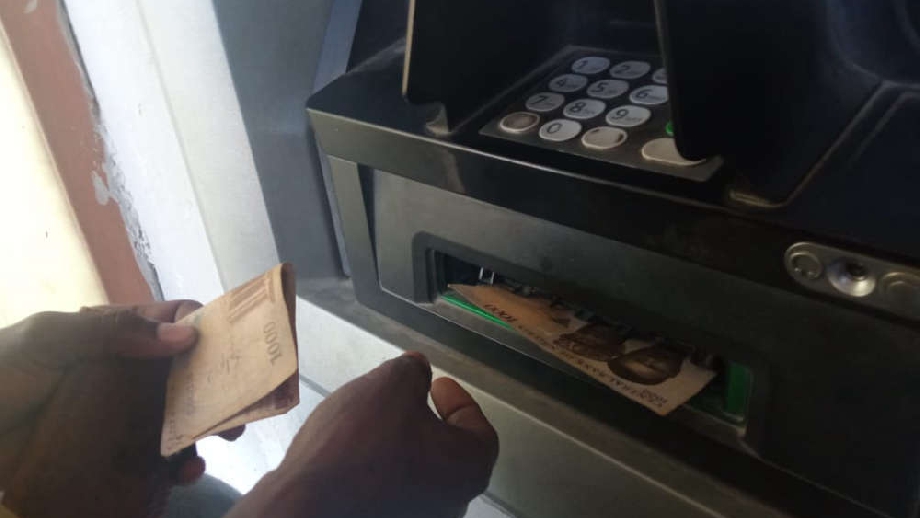As Nigeria grapples with rising inflation and a challenging economy, federal government workers are voicing growing frustrations over the heavy income tax burdens deducted from their salaries under the Pay As You Earn (PAYE) system. Many civil servants argue that the steep taxes are eroding their already strained incomes, leaving them struggling to keep up with soaring prices and basic living expenses.
In interviews with the News Agency of Nigeria (NAN), civil servants in Abuja called for an urgent review of the PAYE tax regime, which they say has become a financial albatross amid the nation’s worsening cost of living crisis.
“We’re Paying More, But Getting Less”
Mrs. Ese Williams, a mid-level civil servant, highlighted the financial strain caused by the tax system, noting that the new minimum wage has done little to ease the burden on government workers. “Imagine a level 15 officer with a monthly salary of less than N400,000 paying almost N60,000 in taxes. It’s alarming,” she lamented. “The government needs to revisit these taxes that are draining our earnings.”
Mr. Ibrahim Abbas echoed similar frustrations, stating that recent government policies—from the removal of fuel subsidies to the floating of the naira—have compounded the hardships faced by civil servants. “Every new policy seems to work against us,” Abbas said. “While we expected better welfare, we’ve been hit with higher taxes and increased living costs. The government must reconsider its approach.”
Another worker, Mr. Aliu Sule, questioned the rationale behind the heavy taxation, pointing out the lack of infrastructure and public services. “We pay these taxes but still have to provide basic amenities ourselves—electricity, water, even security. Where is all this money going?” Sule asked.
A Call for Accountability and Transparency
The broader concerns about taxation and government accountability were echoed by African Development Bank (AfDB) President, Dr. Akinwumi Adesina, who recently called for greater transparency in the management of national resources. Speaking at a retreat for the Council of Anglican Provinces of Africa (CAPA), Adesina criticized the disconnect between high tax rates and inadequate public services in Nigeria.
“Citizens pay taxes, but they still have to dig their wells, buy generators, and build their own roads,” Adesina remarked. “Governments must be held accountable. National resources belong to the people and should be managed responsibly and transparently.”
He compared Nigeria’s system to Scandinavian countries, where high taxes are balanced by strong public services. “When people pay taxes there, governments ensure society’s needs are met. That’s the kind of transparency and accountability Nigeria should aim for,” he added.
Relief on the Horizon? Tax Reform Proposals Underway
In response to mounting complaints, the Chairman of the Presidential Advisory Committee on Fiscal Policy and Tax Reform, Taiwo Oyedele, has assured civil servants that changes are on the way. He revealed that proposed tax reforms aim to ease the burden on lower and middle-income earners.
“Under the new tax reform bills, anyone earning about N1.7 million or less per month will pay lower PAYE taxes,” Oyedele said. “Workers earning the new minimum wage of N70,000 and slightly above will be fully exempted from tax obligations.”
According to Oyedele, the reforms will ensure that over 90% of workers in both public and private sectors pay less in taxes, while ultra-high-net-worth individuals will shoulder more, with top rates rising to 25% in a progressive system.
Oyedele also addressed the structural flaws in the existing tax table, which hasn’t been updated since 2011. “Due to high inflation, many low-income earners have been pushed into the top tax bracket, which was never the intention,” he explained. “Right now, someone earning N400,000 per month is taxed at the same rate as someone making N20 million. That’s regressive, and we plan to fix it.”
Will Change Come Soon Enough?
While the proposed reforms offer hope, many civil servants remain skeptical about how quickly they will be implemented and whether they will bring real relief. For now, the chorus of frustrated voices grows louder, with government workers calling for an end to policies they see as punitive, urging the Federal Government to prioritize their welfare.
As the nation debates tax reforms and workers await action, one message is clear: Nigerians are willing to pay their fair share, but they want to see tangible benefits in return.





